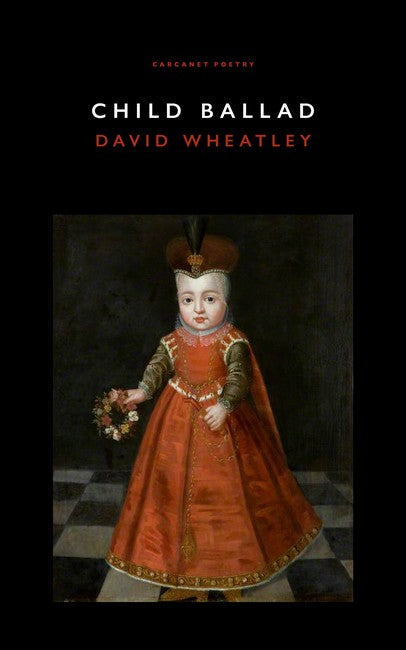In Child Ballad, David Wheatleys sixth collection, he explores a world transformed by the experience of parenthood. Conducting his children through landscapes of Northern Scotland, he follows pathways laid down by departed Irish missionaries and by wolves. He maps a rich territory of rivers, trees and mountains. Also present are histories, some evidenced, some no longer visible and yet to be inferred. Stylistically, Child Ballad is multifaceted, drawing on influences from the Scottish ballad tradition and the Gaelic bards, on French symbolism and on the American Objectivists. Wheatley is an Irish poet living and teaching in Scotland: as a cultural corridor, his Scotland is a space of migrations and palimpsests, different traditions held in dynamic balance and fusion. Writing across geographical and historical distances as he does, Wheatley develops an aesthetic of complex intimacy, alert to questions of memory and loss, communicating the ache of the here and now. He sees through the eyes of young children and the world looks very different in its gifts and threats. He provides intimate descriptions of parenthood and descriptions of a Northern Scottish natural world. He deploys an ambitious range of poetic styles and forms. His poems put deep roots down into history and geology, and with translation into other languages. Themes of migration and politics are never far away. Child Ballad sings of midlife, of resettlement and marriage as well as parenthood.

